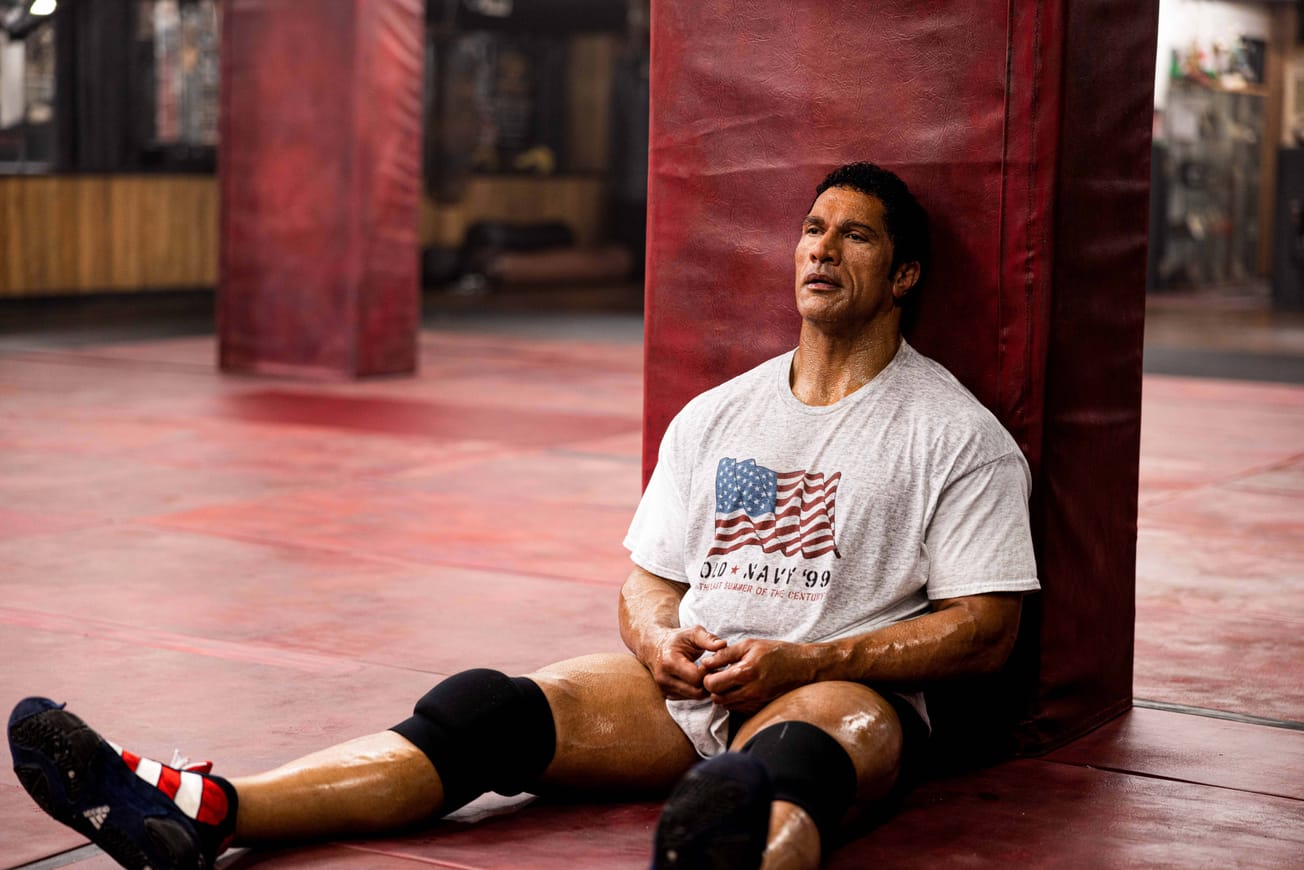By Patrick Sullivan, Film & TV Editor
Balancing a story of a young black man being shot by a police officer and the lighthearted moments of the high school genre is no mean feat, but the film is impassioned with spreading the message of its cause to the new generation.
In 2009, Oscar Grant, unarmed and aged 22, was shot dead by a police officer. It is one of many fatal incidents of police brutality against young black men that can be recalled from recent times. In 2013, Ryan Coogler, director of Black Panther (2018), made Fruitvale Station (2013), based on Grant’s final 24 hours. In 2017, Angie Thomas released a fictional novel for young adults called The Hate U Give, adapted here into a feature film, which she says was inspired again by Grant’s unnecessary death.
The story of The Hate U Give is all too realistic. Starr Carter (Amandla Stenberg), aged 16, lives in Garden Heights, a predominantly black, gang driven community, but her sensible mother (Regina Hall) sends her and her two brothers to school in Williamson, a predominantly white, middle class area. As a result, she lives a split life, which collapses in on itself when she witnesses the wrongful murder of one of her oldest friends, Khalil Harris (Algee Smith), at the hands of a police officer who pulls them over while driving.
Youtube / 20th Century Fox
It is part high school teen flick, part radical political drama, and director George Tillman Jr. finds it difficult to balance the genres at times. The high school characters are far inferior to the Carter family, especially the magnetic father figure, Maverick Carter (Russell Hornsby). He kicks off proceedings by telling his three young children, Starr, Seven (Lamar Johnson), and Sekani (TJ Wright) to ‘keep their hands where [police] can see them’ in a moving, open speech on the dangers of being black in the US. ‘The talk’ as Starr refers to it as is given to them when they are nine, ten, and one respectively.
There’s a lot to love about #TheHateUGive — but the way @angiecthomas honors black fatherhood and the way @russellhornsby brings Mav to life is the most beautiful rebuttal to stereotypes we’ve been sold. https://t.co/IqqhzwWTPN
— Jeneé Osterheldt (@SincerelyJenee) October 12, 2018
Twitter / @SincerelyJennee
The high school arcs featuring Starr’s sweetheart, Chris (KJ Apa), and oblivious best friends Hailey (Sabrina Carpenter) and Maya (Megan Lawless) - all white and middle class - pale in comparison to the emotional clout of the family storylines. Hornsby’s performance in particular is the most watchable as he is torn between protecting his family, going after gang leader and former best friend King (Anthony Mackie), and protesting the oppression with the Black Panther politics he preaches to his kids. Stenberg, as the central protagonist, also stirs the emotions well, and as she finds her voice in speaking the truth of Khalil’s death, you will be moved to tears.
The reason The Hate U Give is so moving is because, despite being a fictional dramatisation, the story is very much real. The title comes from 2Pac’s song ‘T.H.U.G.L.I.F.E.’, an anagram of ‘The Hate U Give Little Infants Fuck Everybody’, the interpretation of which is explicitly debated by the film’s characters. The cycle of young black men in the US is explored alongside the police shootings, and the role of rappers, communities, and reputations discussed. There is something wrong with the world when a story where a teenage boy pulls a hairbrush out of his car and gets shot is a close parallel to real life.
I saw The Hate U Give movie a few days ago. One of the great YA novels of all time has been adapted into one of the great YA films of all time. Amandla Stenberg's performance is gutwrenching and riveting and revelatory. I cannot recommend the movie (or the book!) highly enough.
— John Green (@johngreen) October 15, 2018
Twitter / @johngreen
There is perhaps one plot point too many in the final third - a prom, a beating, a mass protest gone wrong, a fire, another tense police encounter with guns, and an arrest - and the script at times is cheesy, but for most of the 133 minute runtime the film manages to tick several of the boxes for a successful teen movie while also not shirking any of its responsibility in passing on the message of the Black Lives Matter campaign.
While less relevant in the UK, The Hate U Give can open young people’s eyes to the racism issues still prevalent in the US today.
The Hate U Give is released in cinemas nationwide on Monday 22 October.
Featured Image: image.net / The Hate U Give / 20th Century Fox
Can you think of a more politcally outspoken YA film than this?
Facebook // Epigram Film & TV // Twitter









